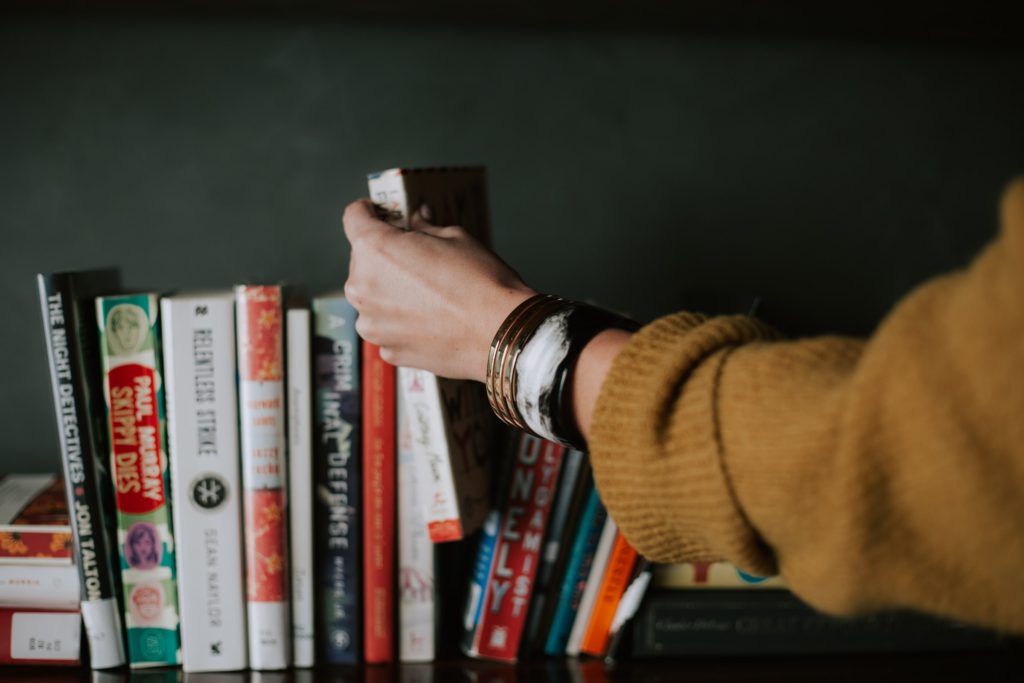
This post may contain affiliate links, which means I’ll receive a commission if you purchase through my link, at no extra cost to you. Please read full disclosure here.
In this blog post, I’m going to talk to you about 15 professional development books for teachers that I recommend. There are also a few personal development books as well.
Throughout a credential program, we teachers read a lot of books about teaching. Hopefully, as we enter the teaching field, we continue this habit of reading about best practices. But, as I know from my own experience, the first few years of teaching take up all the energy. Reading a book about teaching or learning in my spare time? Yeah, that did not happen. Spare time doesn’t exist. Any time outside my classroom was spent grading, prepping, and recovering. I am with you.
But, we also know it’s imperative that we keep learning. If we demand it of our students, we must demand it of ourselves. We are not necessarily any busier than they are, and we arguably have more control over our time outside of school. (Likely, we don’t have parents telling us to babysit our siblings or asking us to work in the store or fields to help pay the bills.)
We can make the time to read a few pages every day to help keep our mind, choices, and pedagogy thoughtful and intentional. (I’ll be writing a post soon about how to make time, based on expert advice from Greg McKeown’s Essentialism and James Clear’s Atomic Habits, so keep an eye on the blog for that!)
You likely already know the key to making a reading-commitment: finding something you genuinely want to read. But, hunting through a book retailer can be overwhelming. And, how do you know if the books are any good? Well, I can tell you what I do when I am hunting for new books to add fuel to my teaching fire.
I look at the reviews, much like I look at the review of a restaurant. I take advantage of the previews provided and read a few pages. And, perhaps most importantly, I seek out the advice of my teacher-friends. What are they reading? What are they loving?
So, friends, I’ve compiled a list of professional development, and a few personal development, books I’ve read and loved and books that I want to read, and I hope I’ll love. This list is by no means comprehensive, and I’m sure there are other lovely and inspiring books out there. These are just the books I want to read, and the books I’ve read and loved, that have lifted me up and revolutionized my teaching.
Here are the 15 Professional (and some Personal) Development Books for teachers I recommend. I’ve listed them by category, and, because I’m not made out of money, and neither are you (I hope, what a horrible condition that would be! Any stress and you’d wrinkle ;)), I’ve pointed out my Top Three Recommendations within the descriptions of the books.
The reading of all good books is like a conversation with the finest minds of past centuries.
—Rene Descartes
Books about Teaching and Planning
#1 The Passionate Teacher by Robert Fried
“I want students to engage the way a clutch on a car gets engaged: an engine can be running, making appropriate noises, burning fuel and creating exhaust fumes, but unless the clutch is engaged, nothing moves. It’s all sound and smoke, and nobody gets anywhere.”
—Robert Fried, The Passionate Teacher
I read this book during my own credential program, and I have my pre-service teachers read this book as well. It is a favorite of theirs, which means they all actually read it. In the book, Fried invites teachers to develop a stance, what they believe about students, learning, and teaching, and then advises teachers on how to live and teach by this stance. Fried cuts to the heart of teaching, in all its idealism, and he presents realistic strategies to bring a bit of that idealism into the classroom.

If you scope out this book, you will likely see that readers and reviewers of the book have one major issue: the advice Fried gives doesn’t translate to their classroom. While it is true, some of the advice won’t help if your principal or district micro-manages or controls your decisions, I argue most of his ideas are translatable. It all depends on what you are willing to do to enact your beliefs. He provides you with thought-provoking alternatives; it is your job to think and act.
#2 Understanding by Design by Grant Wiggins and Jay McTighe
“The point is maximal transferability—the effective use of stuff, not merely the learning of stuff.”
—Grant Wiggins and Jay McTighe, Understanding by Design
While I do admit this is a pretty “textbook” read, it does provide theoretical and practical ideas and strategies for utilizing backward design. If you are creating or revising a course, or doing any curriculum design, you should read this book. If you are a mentor to new teachers, this book will help shape their understanding of curriculum and how to focus their planning on what is most important: the end goals of student learning.
#3 Fewer Things, Better by Angela Watson
“When you have a clear vision for your legacy as an educator — the mark you wish to have made on your students and the lasting impact on their development because of their time with you — it’s amazing how clearly things come into focus.”
—Angela Watson, Fewer Things, Better
If you know the name Angela Watson, you likely know her from the 40 Hour Teacher Workweek club, program, or philosophy. Honestly, I didn’t recognize her name until after I read this book and decided “I need more.” Then, I learned all about her and her amazing program.
I read this book over the summer, and it changed. my. school year. In essence, this book gives you the permission you don’t actually need (you already have permission, you just need to shed the guilt) and the courage to make choices for you. As teachers, we often convince ourselves, or are convinced by others, that we must give everything to do what is best for our students. If we are wrecked at the end of the day, we didn’t do enough.
As Watson explains, this is a lie. It is a lie. Period. If we want to stay in the teaching field long-term, we must learn how to expend our energy and time wisely. This book helps you figure out what you can do to become more sustainable as a teacher.
#4 Book Love by Penny Kittle
“A book isn’t rigorous if students aren’t reading it.”
—Penny Kittle, Book Love
I love Penny Kittle. She makes my English Teacher Heart happy. In this book, she talks about how to uncover the reader in your students. I firmly believe we are all readers, our students are too. If they say, they aren’t, they just haven’t found a book that speaks to them yet. If you are an English teacher, Reading teacher, Librarian, or you just want to help your teens read, get this book.
#5 Readicide by Kelly Gallagher
“Valuing reading” is often a euphemism for preparing students to pass mandated multiple-choice exams, and in dragging students down this path, schools are largely contributing to the development of readicide.”
—Kelly Gallagher, Readicide
A collaborator and colleague of Penny Kittle, Kelly Gallagher is also an English teacher and a guru of helping students read (and write). In this book, Gallagher talks about how schools are killing reading. And, most importantly, he tells you what you can do about it. Again, if you love reading, if you’re a teacher or librarian, or parent, get this book.
#6 The Book Whisperer by Donalyn Miller
“Reading changes your life. Reading unlocks worlds unknown or forgotten, taking travelers around the world and through time. Reading helps you escape the confines of school and pursue your own education. Through characters – the saints and the sinners, real or imagined – reading shows you how to be a better human being.”
—Donalyn Miller, The Book Whisperer
My mom gifted me this book during my second year of teaching. I always knew I wanted to help my students find their inner reader, and I was well on my way to cultivating a classroom library (because my school’s library was a little behind the YA game), but this book solidified all my beliefs about reading. Plus, it gave easy and sustainable, and fun, ways to get students reading. In the same vein as Kittle’s book, this book can easily apply to elementary and middle grade readers as well.
This is probably my favorite book about reading.
#7 Teach Like a Pirate by Dave Burgess
“Pirates are daring, adventurous, and willing to set forth into uncharted territories with no guarantee of success. They reject the status quo and refuse to conform to any society that stifles creativity and independence. They are entrepreneurs who take risks and are willing to travel to the ends of the earth for that which they value. Although fiercely independent, they travel with and embrace a diverse crew. If you’re willing to live by the code, commit to the voyage, and pull your share of the load, then you’re free to set sail.”
—Dave Burgess, Teach Like a Pirate
Ok, I have to be honest. I haven’t read this one. Yet. But, my husband, who is a Physical Education teacher, has. When I asked, “What books for teachers do you recommend?” This book was it. When I followed up with “Why?” This is what he said:
“It was the first teaching book I read, and it has definitely stuck with me [5 years later]. It is about lesson planning, and it stresses the hook of a lesson. Getting kids interested. It is a bit silly in areas, because the teacher dresses up in costumes for certain units, but I liked it. Definitely recommend it.”
#8 Culturally Responsive Teaching and the Brain by Zaretta L. Hammond
“Language is powerful. When you are able to name a thing, it moves out of the realm of mystery into concreteness. For too long, culturally responsive teaching has been relegated to this realm of magic and mystery, knowledge that only a select few possess. When we are able to recognize and name a student’s learning moves and not mistake culturally different ways of learning and making meaning for intellectual deficiencies, we are better able to match those moves with a powerful teaching response.”
—Zaretta Hammond, Culturally Responsive Teaching and the Brain
I read this book while writing my Master’s thesis. This book definitely hits heavy on the science and psychology (“and the Brain” kind of hints at this), but I found it readable. Although it isn’t as “enjoyable” as some, it is important to read for all teachers. I walked away knowing a lot more about my own brain and the unconscious decisions I make, and how I can make better, conscious decisions to make my classroom and teaching better for all my students.
Books about Learning and Students
#9 Educated by Tara Westover
“My life was narrated for me by others. Their voices were forceful, emphatic, absolute. It had never occurred to me that my voice might be as strong as theirs.”
—Tara Westover, Educated
This book has been on my “to read” list since its debut. I have it downloaded on my e-reader and as soon as I finish my book club book, I’m reading this. Obviously, since I haven’t read it, I am recommending it based on what I’ve gleaned from others.
A student of mine read this over the summer and the first day of class in August she said, “Ms. Kyra, you have to read this book.” That pretty much sold it for me. Once I read it, I’ll update this post.
#10 Pushout by Monique W. Morris
“Not every investment requires money. As the girls in this book have shown, they want to know that people care about them and their well-being. They want to be seen and acknowledged for who they are and what they can contribute to the learning environment. Our collective community can respond to their needs by being there for them.”
—Monique W. Morris, Pushout
Again, this is another book on my To Be Read list, so I am listing it based on reviews and recommendations. Michelle Alexander, author of The New Jim Crow (also recommended on this list) called it “powerful,” which solidified its spot here. The full title, Pushout: The Criminalization of Black Girls in Schools tells you the main gist. I look forward to reading it and will let you know what I learn!
#11 The Little Book of Restorative Justice in Education by Katherine Evans and Dorothea Vaandering
“The core beliefs of RJE are that all human beings are worthy and interconnected. RJE recognizes people’s need to belong or the ‘universal human wish to be connected to others in a good way.’ These beliefs are supported by three key values: respect, dignity, and mutual concern.”
—Katherine Evans and Dorothea Vaandering, The Little Book of Restorative Justice in Education
I’ve read a few books on discipline, management, and restorative justice in my seven years of teaching. This book tops that list.
This is a “handbook for teachers… on creating just and equitable learning environments for students” and it provides the pedagogy and real-life experiences of teachers (Bookshop.org)
Books for You, as a Human and Teacher
#12 Essentialism by Greg McKeown
“What if we stopped celebrating being busy as a measurement of importance? What if instead we celebrated how much time we had spent listening, pondering, meditating, and enjoying time with the most important people in our lives?”
—Greg McKeown, Essentialism
As of now, I’m nearly done with this book, and I’ve learned so much I plan to make a podcast episode about it.
Over winter break, I took this book with me everywhere (which, because of quarantine meant my couch, or my office, or my bedroom). When my dad saw me reading and taking notes he said, “Reading for work?” I said, “Nope. Just for fun.” If you could’ve seen the look on his face… he was so confused. Why on earth would I take notes for fun? Maybe you know why, but, in short, because it was that kind of book. I needed to write down all my thoughts.
If you find yourself out of time and energy, you need to read this book. I recommend it for everyone, not just teachers.

#13 Rising Strong by Brené Brown
“When we stop caring what people think, we lose our capacity for connection. But, when we are defined by what people think, we lose the courage to be vulnerable.”
—Brené Brown, Rising Strong
You know that question, “if you could meet one famous person who would it be?” Well, Brené Brown is my answer. I know this likely won’t happen, and if it did I would likely spaz out, go tomato red, move my arms around like an awkward bird while saying, “Ah! Ah!” That’s just what happens, peoples, that’s just what happens. (Seriously, this happened when I met one of my favorite authors Penny Reid…)
With that said, any book by Brené Brown is a winner. This book, though, speaks to my heart because I read it during one of the toughest years of teaching, and it spoke to me. Brown talks about the hard parts of life and how to recover, how to, as the title says, rise strong. Please, do yourself a favor and read it, and then make everyone in your life read it too.
#14 Between the World and Me by Ta-Nehisi Coates
“I was made for the library, not the classroom. The classroom was a jail of other people’s interests. The library was open, unending, free.”
—Ta-Nehisi Coats, Between the World and Me
This book probably doesn’t need any rationale from me. It’s award-winning, with rave reviews. And, it’s another book on my “I will read this soon” list. I’ve put it on this list because my Book Club friends, who are also teachers, recommended it. And, given the climate of our nation right now, this is a book our students need us to read.

#15 The New Jim Crow by Michelle Alexander
“Martin Luther King Jr. called for us to be lovestruck with each other, not colorblind toward each other. To be lovestruck is to care, to have deep compassion, and to be concerned for each and every individual, including the poor and vulnerable.”
—Michelle Alexander, The New Jim Crow
I read this book when designing the curriculum for a course I was writing, Social Justice. While not the greatest title for a course, it was just that:a course about social justice. A course where we read from social justice advocates, authors, poets, and essayists. This book became a cornerstone of the course.
Throughout the years I’ve taught the course, I’ve excerpted different chapters for students to read, depending on their desires, personalities, and needs. Any chapter you pull from this book is a wake up call, a light illuminating what is hidden right in front of us. Whether you will teach this book, you should read it for yourself, to better understand the laws and policies, ones we know and others we don’t, which govern and impact our lives and the lives of our students.
No matter what you choose to read, I hope you find a professional development book for teachers that engages and inspires you, a book that invites you into a conversation.
Happy reading, friends!
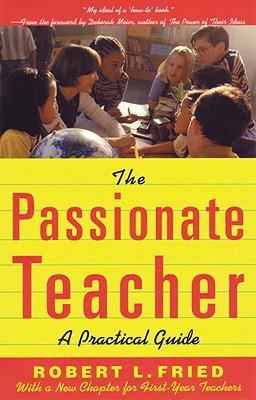
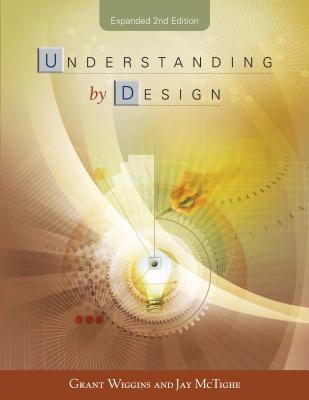

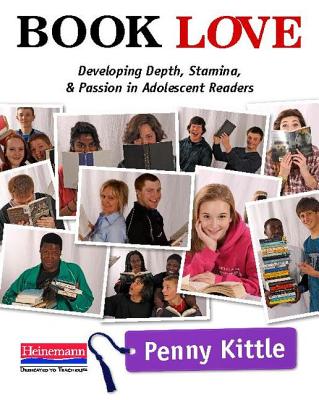
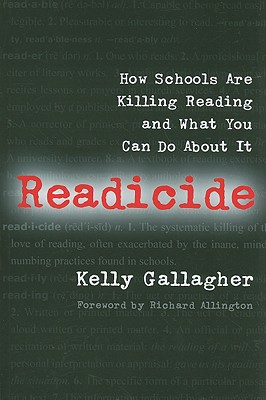

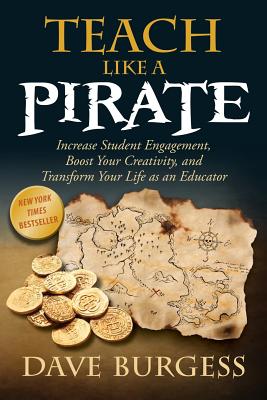
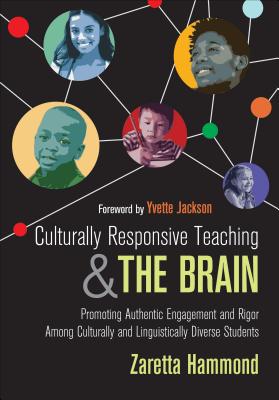
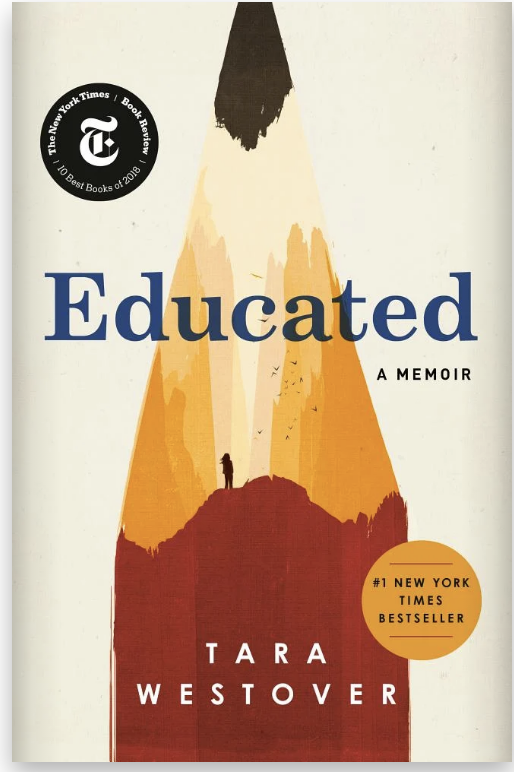
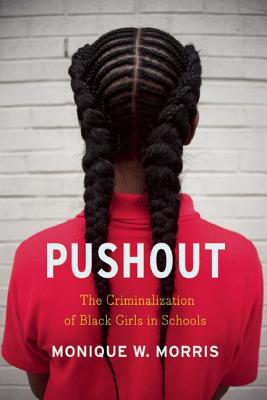
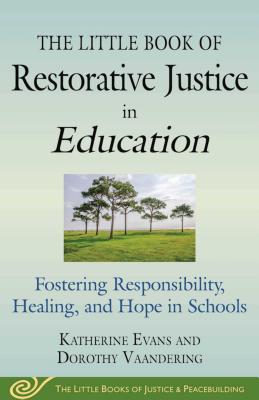
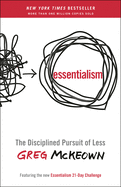

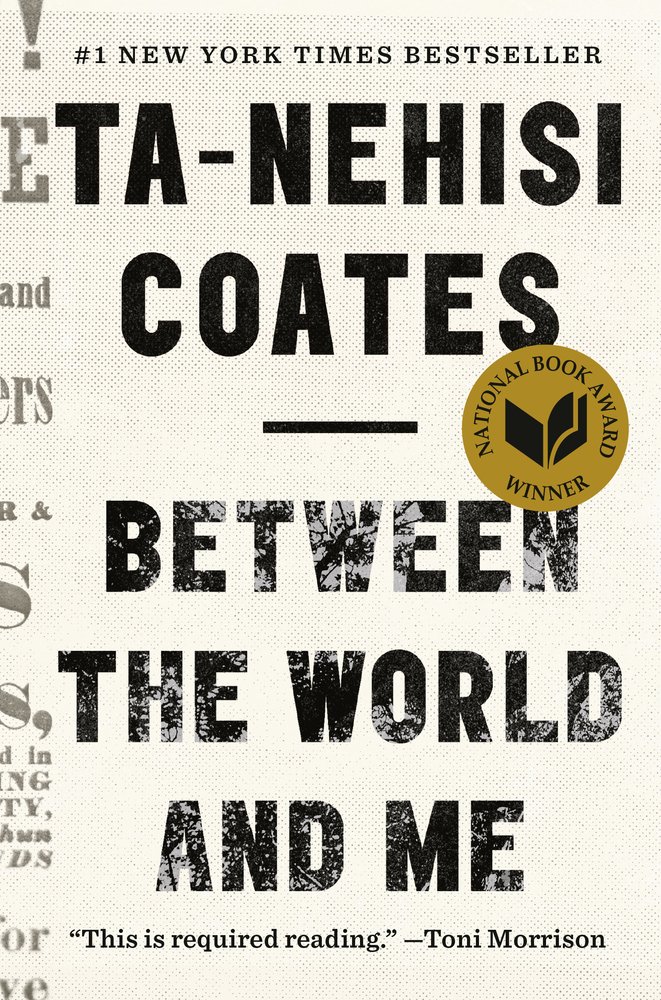
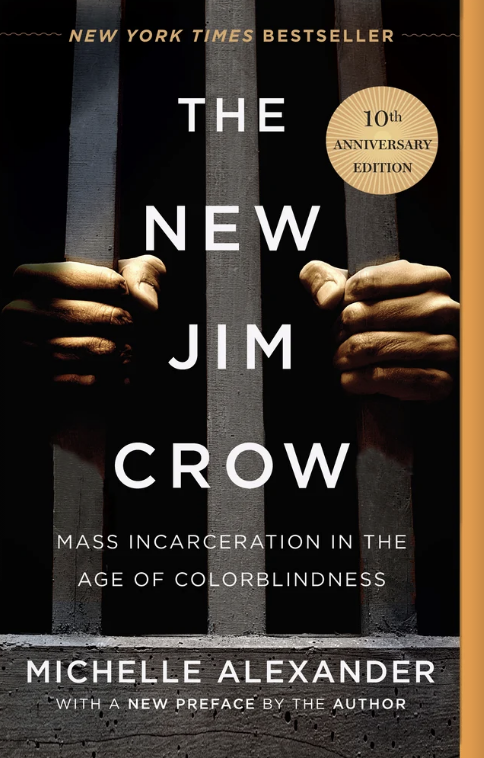
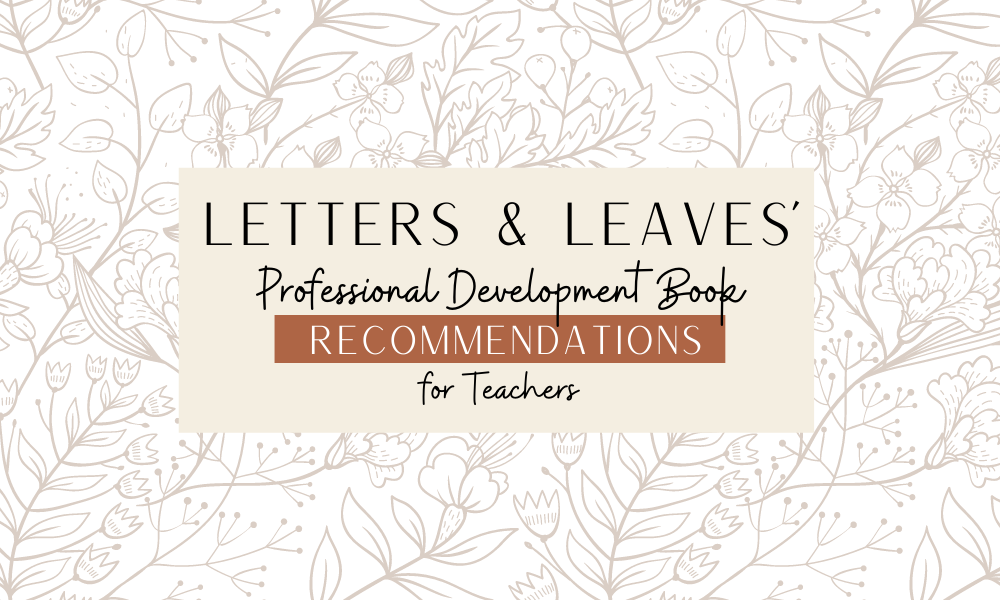
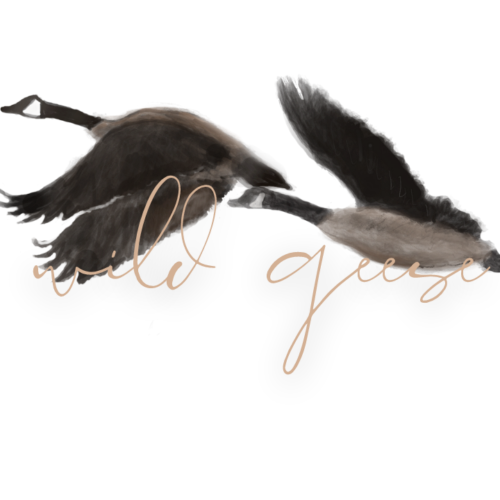 “Wild Geese” by Mary Oliver: A Dive into My Favorite Poem
“Wild Geese” by Mary Oliver: A Dive into My Favorite Poem Recommended Book Club Reads
Recommended Book Club Reads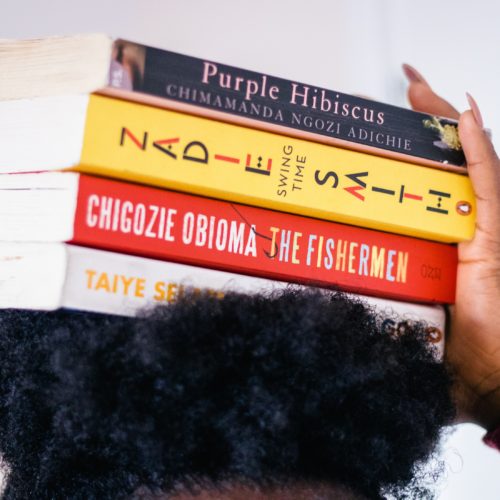 The Ultimate Young Adult, Book Wish List
The Ultimate Young Adult, Book Wish List
Kyra–These are fabulous choices!!! I have read some, but not all…more to add to my reading list 🙂 H